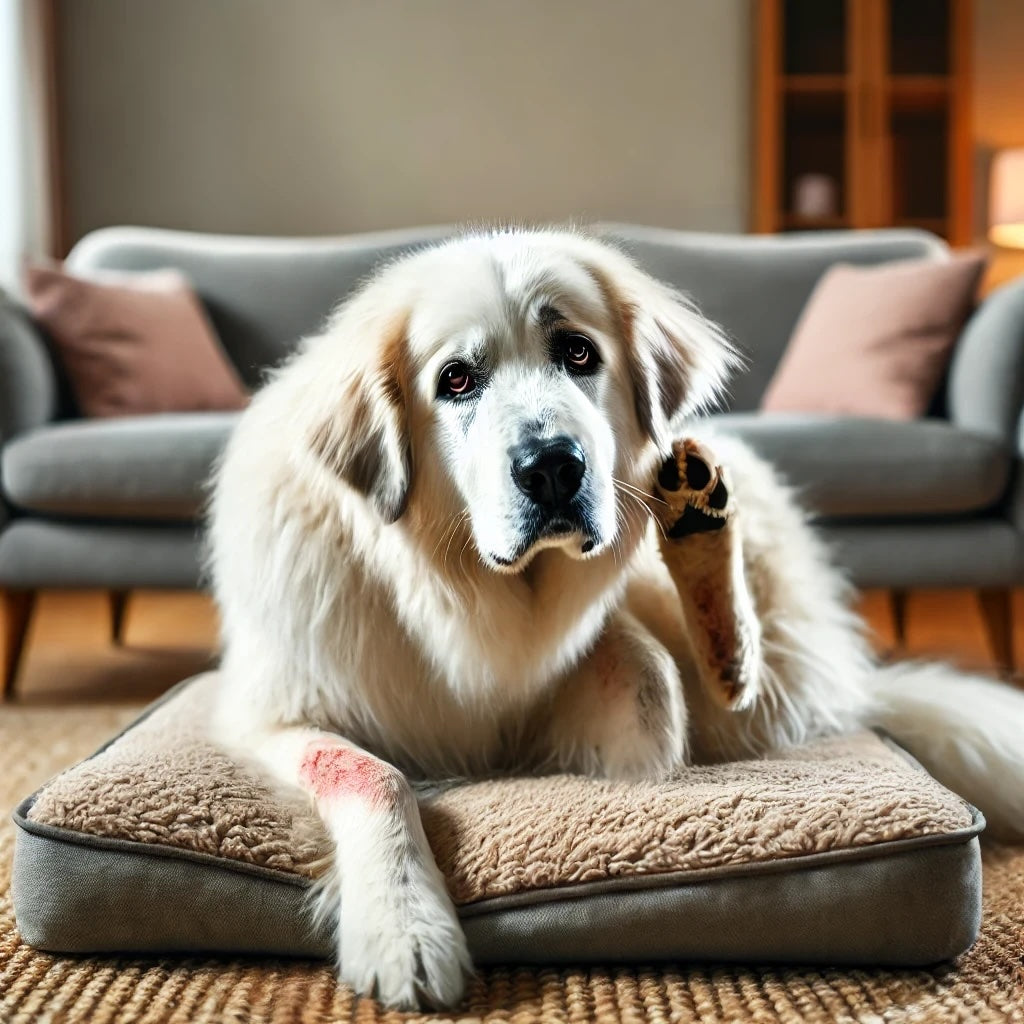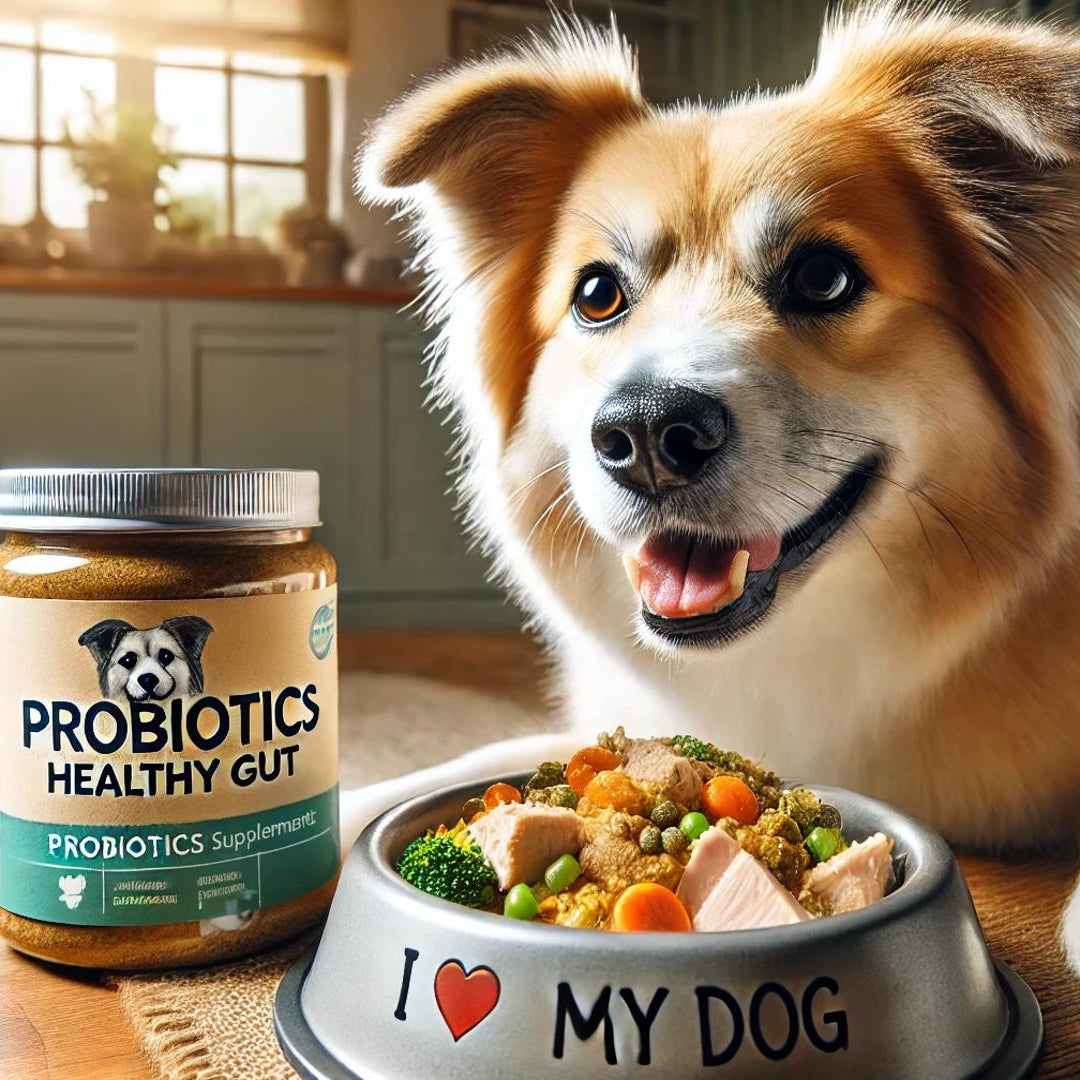Sometimes, we might unknowingly put our pets in danger by allowing them to lick our skin, face, or other parts of our body. It's also important to be aware that daily creams that we apply, such as pain relievers and daily medications, can have toxic effects on our pets.
In the watch list at ASPCA Animal Poison Control Center, certain creams contain alot of ingredients to be cautious of. Some of these ingredients include Baclofen, Cyclobenzaprine, Lidocaine, Amitriptyline, Flurbiprofen, Piroxicam, Diclofenac, Gabapentin, Ketamin, Ketoprofen, Bupivicaine, Benzocaine, Tramadol, and Pentoxyfylline, and the list goes on.
Clinical signs associated with these creams depend on their ingredients. Animal exposure to these products have resulted in cardiovascular, neurologic, and gastrointestinal effects. Symptoms can range from mild stomach upset to seizures, coma, and even death.
Unfortunately, even small exposures such as a pet licking the owner's skin after applying the product can lead to severe clinical signs. To be cautious, extra care should be taken when applying the following topical medications in the presence of pets:
DICLOFENAC: This anti-inflammatory medication, when ingested orally, can cause gastrointestinal upset, irritation, possible ulceration in the stomach and small intestine, and even acute kidney injury. Cats are more sensitive than dogs.
MINOXIDIL: This topical medication, used to stimulate hair growth in humans, can lead to significant complications with the heart and lungs when ingested. These complications include low blood pressure, abnormal heart rhythm, fluid accumulation in the lungs, and potential respiratory and cardiac arrest. Cats are more sensitive than dogs.
5-FLUOROURACIL: This topical medication, used to treat certain types of skin cancers, can cause severe gastrointestinal upset and neurologic signs such as tremors and seizures when ingested.
CALCIPOTRIENE: This topical medication, used to treat psoriasis, can elevate calcium and phosphorus levels, leading to gastrointestinal signs, lethargy, kidney damage, and tissue mineralization throughout the body.
Many pet owners may panic when they realize that their fur baby has ingested chemicals or substances that can be harmful to them. It is frighten for most pet owners, especially if they are not aware of what to do in such situations.
So, what should a pet owner do if their pet ingests some of these medications? The most important step is to remain calm! Panicking will only worsen the situation and make it difficult for you to take proper action. Instead, focus on assessing the situation and having all the facts.
One of the best resources available is the ASPCA Animal Poison Control Center. This center specializes in providing information on poisons, toxins, and other harmful substances that can be toxic to animals. They can provide specific steps and recommendations based on the type of chemical your pet consumed.
Make sure you have the poison control center's contact information readily available at all times, especially if you have pets in your home. In case of an emergency, you will be able to quickly reach out for assistance and receive guidance on how to handle the situation.
In addition to contacting poison control, you should also seek immediate veterinary care for your pet. If possible, gather any information about the chemical or substance that your pet has ingested and bring it with you to the veterinarian. This can help them provide better treatment and determine the best course of action.
Keep in mind that prevention is always better than cure. As a responsible pet owner, it is your responsibility to ensure that any harmful substances or chemicals are stored safely out of reach of your pets. This can prevent accidents and keep your pets safe from potential harm.
To summarize, if your pet ingests any of these chemicals, the best course of action is to remain calm, contact poison control centers for guidance, and seek immediate veterinary care. By following these steps and taking preventive measures, you can ensure the safety and well-being of your furry companions. So always be prepared!
In the United States, the ASPCA Animal Poison Control number is (888) 426-4435.
The ASPCA Animal Poison Control Center (APCC) is your best resource for any animal poison-related emergency, 24 hours a day, 365 days a year.
Remember that our pets are dependent on us for their well-being and we should keep them safe.





